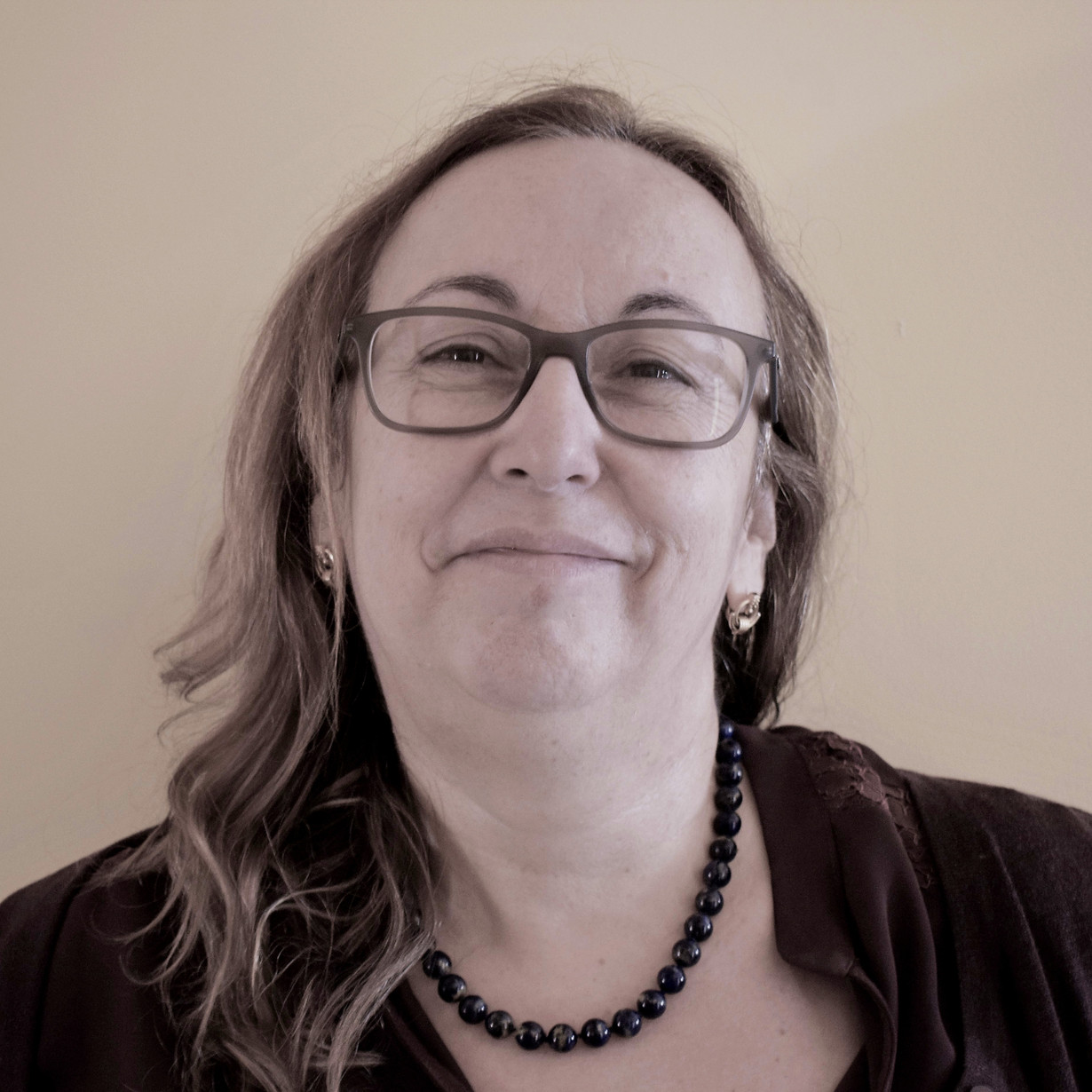On the Significance of Connecting and Dissenting for Political Education: An ecological-situated view of schools as communities within communities
Keynote Presentation
Isabel Menezes' keynote video is part of our #ReconnectingEERA week in August 2020. Each day from 23 to 26 August we will highlight one of the four pre-recorded keynote presentations. We will end the week of online activities organised by EERA and the EERA networks with an online KEYNOTE PANEL on Friday 28 August, 16:00 CET (Berlin Time).
If you would like to submit a question/comment regarding this keynote to the Keynote Panel hosts, feel free to send an email to panel(at)eera.eu.
Watch the full Playlist.

Isabel Menezes has a degree and a PhD in Psychology and a habilitation in Educational Sciences from the University of Porto, where she is a Full Professor in the Department of Educational Sciences. She is a member of CIIE, research center in educational research and intervention, and teaches in the fields of Educational Research, Educational and Community Intervention, Political Education and Political Psychology. Her research deals with the civic and political participation of children, young people and adults, with a special interest in groups at risk of exclusion on the basis of gender, sexual orientation, ethnicity, disability, and migrant status, and the ways formal and non-formal education (including artistic) experiences can generate more complex ways of relationship with the political. She coordinated several funded research projects including the Portuguese participation in international projects such as IEA Civic Education Study, FP7 PIDOP, and H2020 Catch-EyoU. More recent interests relate to doctoral education and university social responsibility as a way to explore how universities can creatively and proactively respond to societal challenges. Some recent projects include Erasmus+ EU-USR, HE4U2, ESSA, ENGAGE and SOLVINC.
On the Significance of Connecting and Dissenting for Political Education: An ecological-situated view of schools as communities within communities
This presentation is based on an ecological and situated perspective that sees schools as communities rooted in (other) communities. Such a perspective is critical of a romantic vision of communities which involves what Weisenfel designates as the “we” myth, that overemphasizes homogeneity as a distinctive (and positive) trait. An important consequence of this myth is producing a de-politicization that obscures the multiple layers of conflict, dissent, trust and affection that communities inevitably entail. It is nevertheless this tendency that is present in many educational policies and practices of citizenship education across Europe, that propose to address “citizenship” leaving “the political” outside.
It will be argued that one of the consequences is to produce a certain type of school knowledge about citizenship that has no real connection with life, and no significant implications for neither young people nor their communities. Based on collaborative research involving colleagues in several European countries (PIDOP, EduCiPart, Catch-EyoU), a portrait of how the severe inequalities, structural disadvantages and legitimacy issues of contemporary democracies are viewed by teachers and students from various countries and diverse communities will be drawn. Nevertheless, schools continue to emerge as trusted (and inevitable) contexts for political education: ‘if not in schools, where else?’, students and teachers wonder. This demands that we “imagine otherwise”, to borrow Vanessa Andreotti’s formulation, how schools as (political) communities of everyday belonging, connecting, dissenting and crossing can foster an emotional and rational attachment to democratic living.
Register for the Keynote Panel on 28 August
On Friday, 28 August a live Keynote Panel Discussion featuring the keynote speakers Joyce L Epstein, Ramon Flecha, Isabel Menezes and Riyad A. Shahjahan and hosted by the EERA president Joe O'Hara will be held at 16:00 CET Central European (Berlin) Time.
Please pre-register here:
https://zoom.us/webinar/register/WN__yR5uCutTHWjZgWicjjZVQ